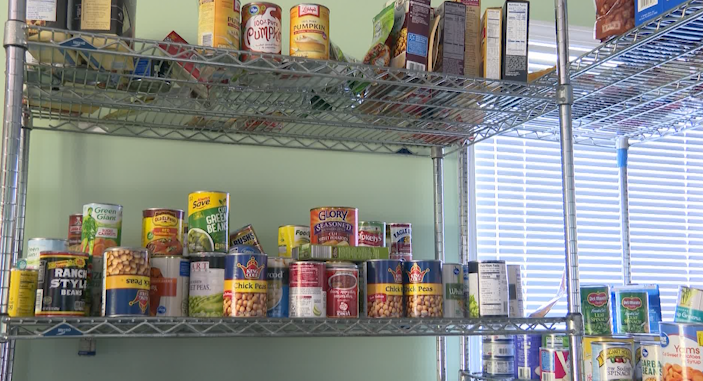LEXINGTON, Ky. (FOX 56) – With inflation hitting all of us, are the organizations that fill the gaps to help those in need being forgotten?
“We haven’t seen our donations go down,” director of development for the Hope Center in Lexington Katie Vogel said. “We’ve seen them be steady, or go up in some cases. I will say though that they’ve become extremely important to us because now our budgets are much tighter. Our dollar doesn’t go as far on food, on gas, and it’s hard to find things.”
With money donations not being able to go as far as they may have previously, organizations such as the Hope Center have not been able to provide the same help to their clients compared to previously.
“We make do with what we have, certainly,” Vogel said. “But it means that where a meal may have been a regular size portion or even a generous portion in the past, is a much more conservative portion now because we simply have to be careful without food budget to a degree we haven’t had to in the past. So we will accept any food donations and do our best to make use of that and store it well so that we can feed our clients out of our three different cafeterias each and every day.”
The Hope Center helps anywhere between 500 and 600 people per day, so any donation can go a long way other than food items.
“Especially as we are dealing with some pretty intense heat right now, we are in dire need of bottled waters. We go through a lot more of them when it is hot outside and that’s something generally the community is donating to us. We distribute socks, clothing, backpacks, travel hygiene items, those are really important to us.”
If you are interested in donating to the Hope Center, that link can be found here.


